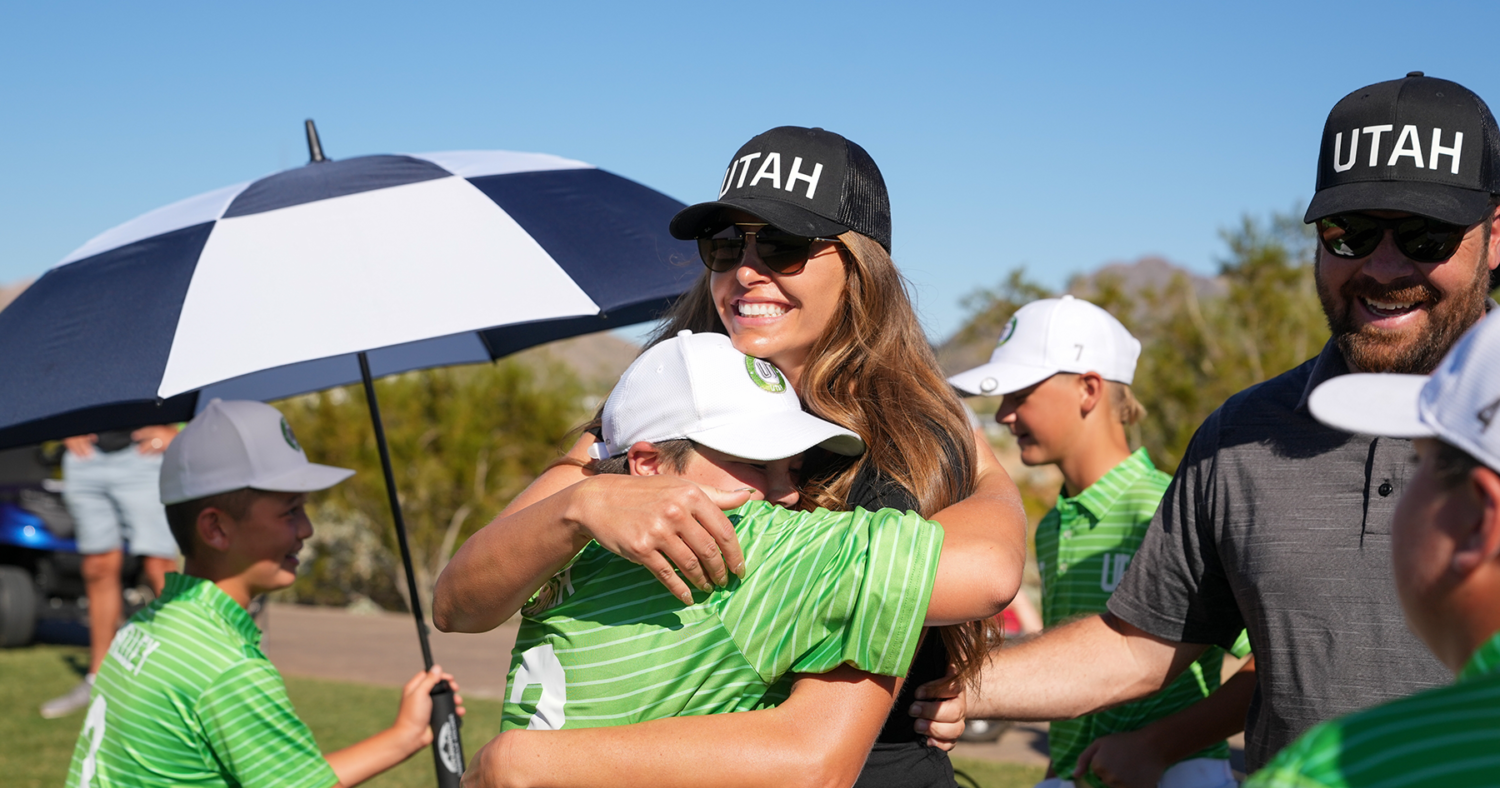Here’s what we cover:
My story originally appears on PGA.com on 10/27/21
The advice I pass along to young players and their parents often deals with the mental and emotional aspects of the game.
When you consider that golf is one of the hardest sports, it’s actually pretty amazing that so many people fall in love with it. One of the things that makes the game so difficult is the mental grind it becomes for many, and especially for those that show promise as they progress.
Club tossing, cursing, and fits of rage yelling things like ‘I’m done! I’m never playing this stupid game again!’ all have a funny way of keeping those very same people continuing to grind away at the sport they “love.”
There is a very fine line when it comes to this topic and young golfers….is it merely a sense of “passion” for the game, or is it for some, creeping into more dangerous territory? Something that can potentially become an unhealthy obsession with finding the unattainable “perfection” that so many seek?
I’m sure that this happens in other concentrations for young people…music, art, other sports, or even the quest for a 4.0 GPA. In any circumstance, a pre-teen or teenager needs to understand completely that golf, or whatever their chosen passion is, does not define them as a person…and never should.
As parents, when people say nice things about our children, it is in a way, validation to us on how we raised them. But ultimately, doesn’t it feel much more fulfilling to hear things about our children’s character, how they behave, how they treat others, than it is to hear, “Boy, they have an amazing golf swing.”?
Sure, that feels nice to hear too, but as I said, their chosen passion should not be the thing that defines who they are as a person.
When we have the opportunity to bring a child up in a game as amazing as golf, it is a very special thing. For those that truly and deeply love the game, you understand what I mean when I say that. Everything that a child can learn about life through the game, no matter what level they play, is to their advantage as they grow. However, it is important to watch for instances where the difficulty of the game can have a reverse effect on them…where they are not learning and where they are struggling with the emotional aspects that come up. Kids often don’t quite know how to get through those situations and while it’s good for them to learn, you as a parent may need to step in and assist.
Earlier this year, I had the chance to have a great chat with Mr. John O’Sullivan. John is a world-renowned speaker in the area of parenting young athletes. He is the founder of the Changing the Game Project and host of the Way of the Champions Podcast. His 2014 TED Talk has had nearly half a million views. I’ll leave you with one of the things John said that has stuck with me most as a PGA Coach and also as a dad to my son and daughter…
“Our children should never think that our love of them depends upon the outcome of a competition. If we get upset, sad or angry when they lose, our kids see that and perform worse. Regardless of whether they win or lose, whether they play well or poorly, after competition tell them “I love watching you play.” That’s it. These simple words help remove the fear of failure and expectations of success, which is a paralyzer for many young athletes.”


